Nearly 50 million children are on the move — 28 million of them driven from their homes by conflict, and millions more migrating in the hope of finding a better, safer life. Far too many children encounter deadly danger, detention, deprivation and discrimination. The world must stand up for these children. It is time to take action to do the following:
An Agenda for Action

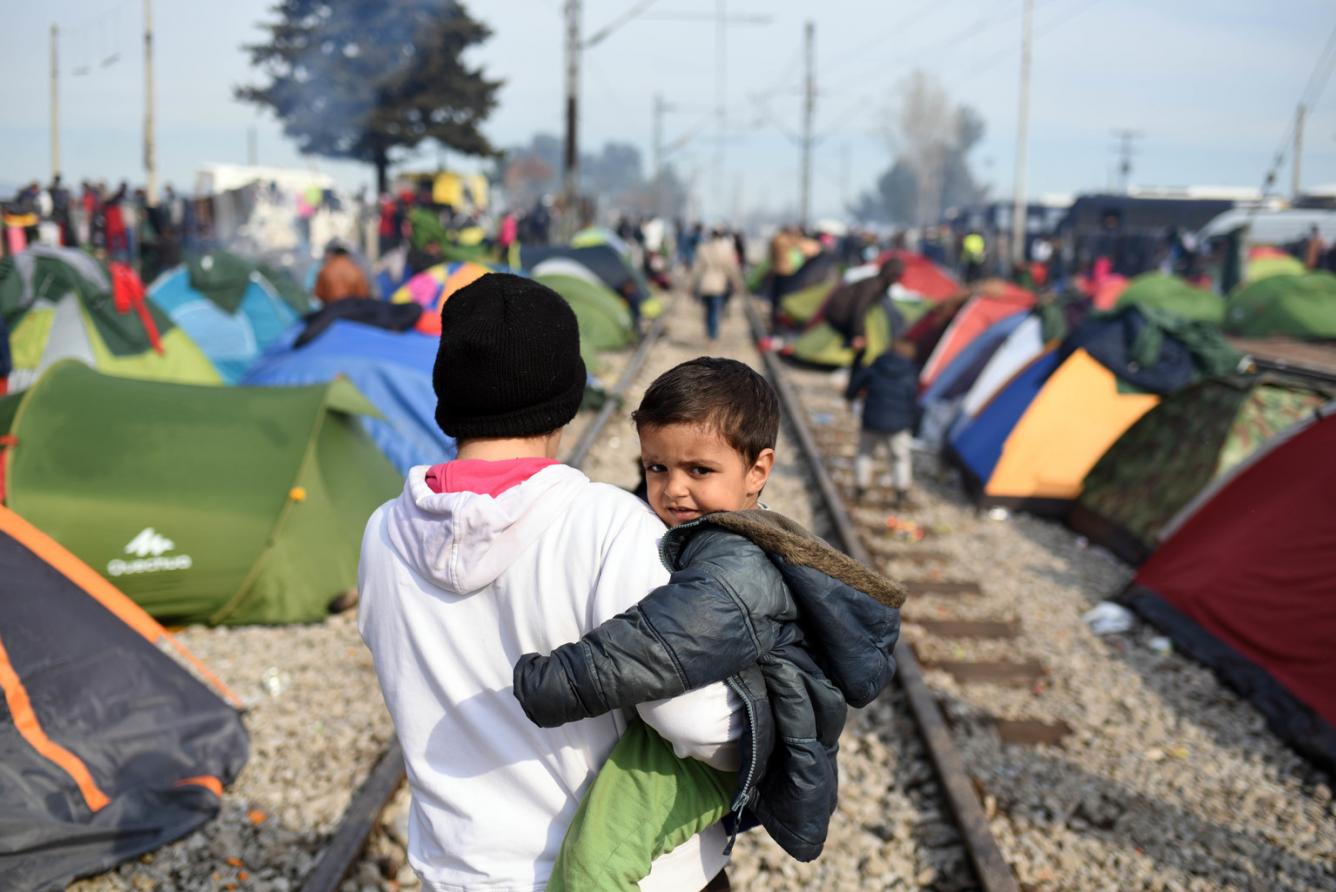
1. Protect uprooted children from exploitation and violence.
Refugee and migrant children are extremely vulnerable to violence and abuse, and to being preyed upon by smugglers and even enslaved by traffickers.
UNICEF calls for increasing safe and legal channels for children to migrate and to seek refuge. Cracking down on trafficking, strengthening child protection systems and expanding access to information and assistance can help keep children safe. Children and families should never be returned to face persecution or life-threatening danger in their countries of origin.
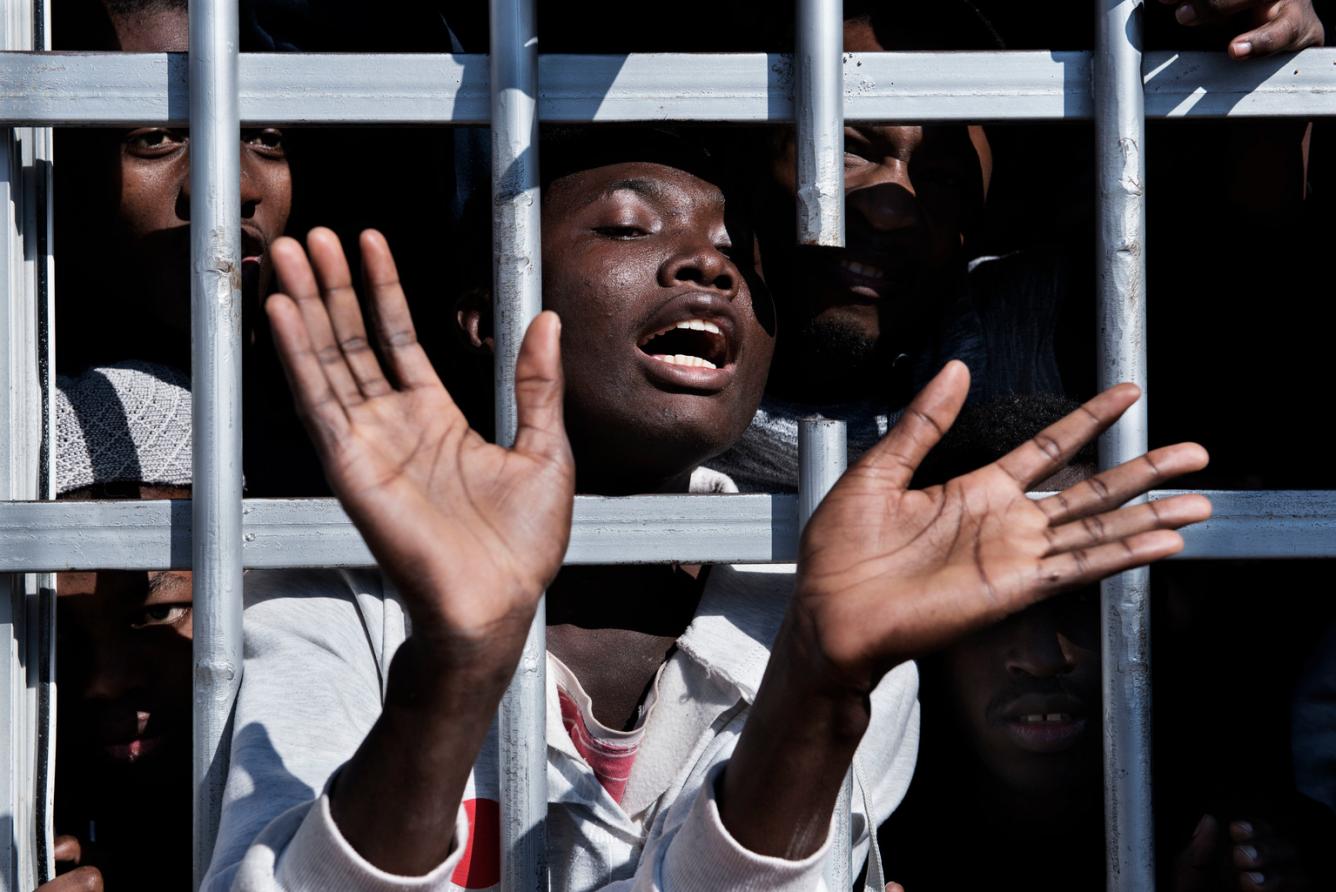
2. End the detention of refugee and migrant children by creating practical alternatives.
Detention is harmful to children’s health and well-being — and can undermine their development.
UNICEF calls for options including foster care, supervised independent living, and other family- or community-based living arrangements for unaccompanied children and children who have been separated from their families. Children should not be detained in adult facilities.
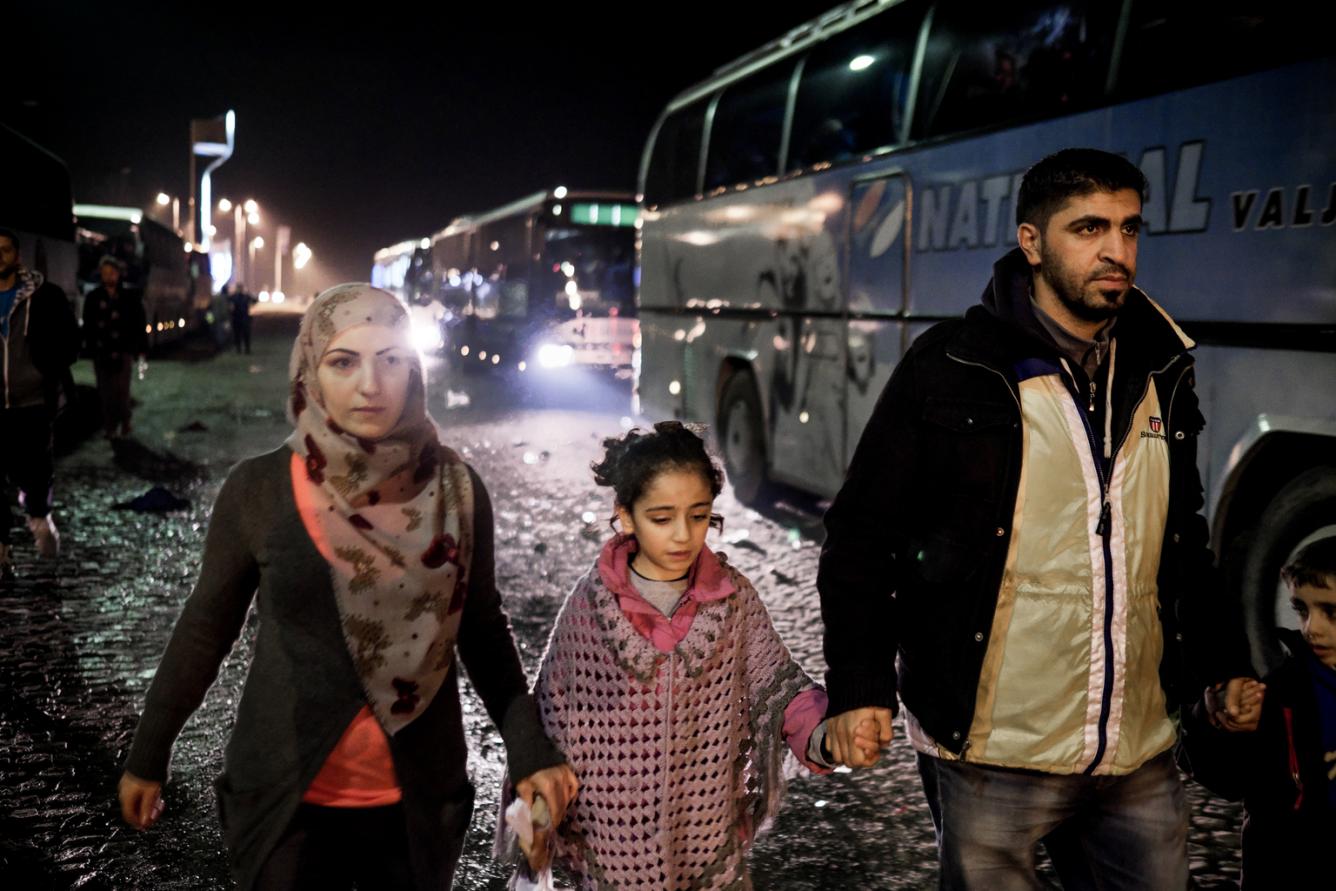
3. Keep families together.
Children who are traveling alone or who have been separated from their families are more easily preyed upon and more vulnerable to violence and abuse.
UNICEF calls for stronger policies to prevent children from being separated from their parents and other family members at border crossings; and faster procedures to reunite children with their families in destination countries.
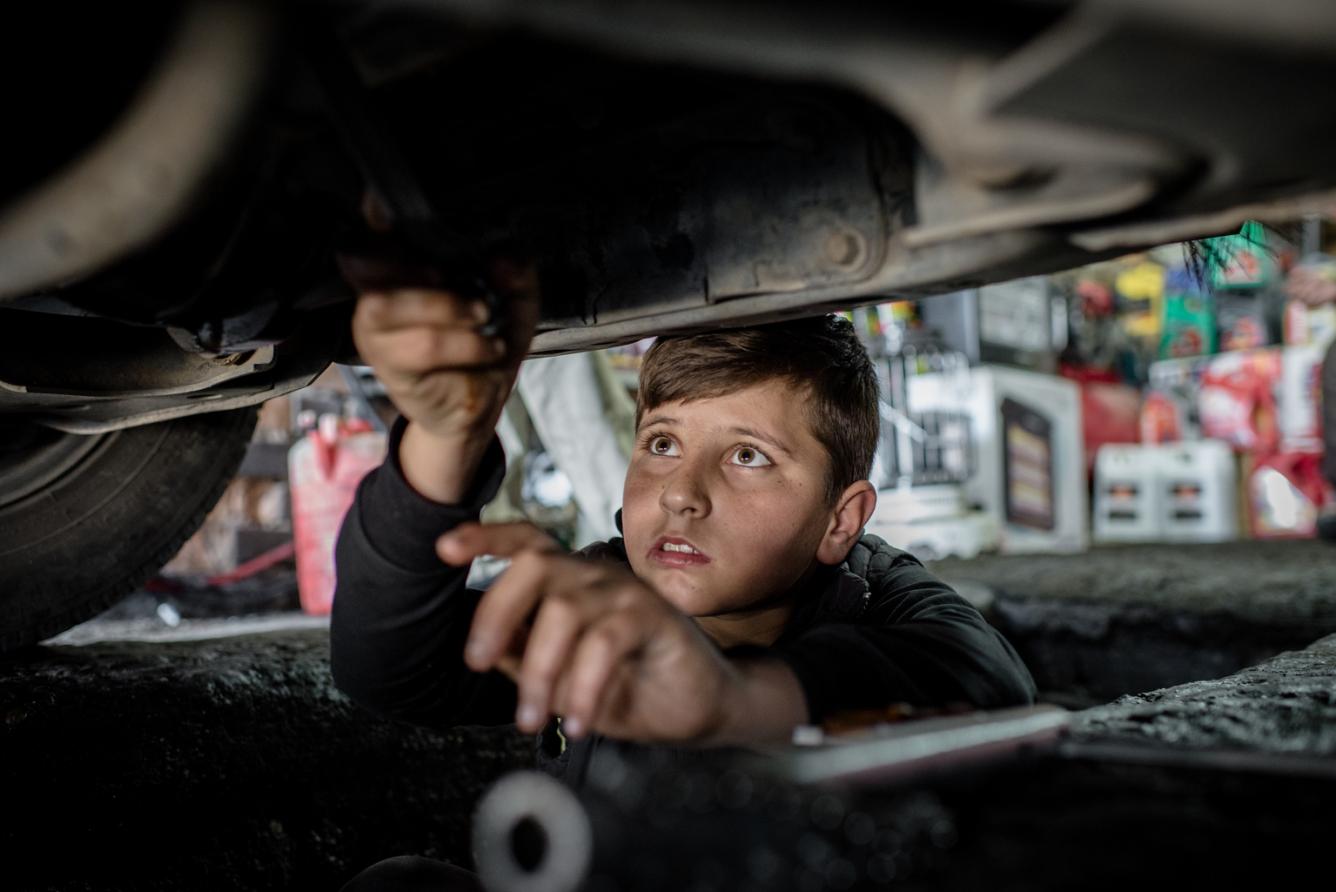
4. Help uprooted children to stay in school and stay healthy.
After fleeing their homes, many refugee and migrant children miss out on an education — and many lack access to health care and other essential services.
UNICEF calls for increased collective effort by governments, communities and the private sector to provide uprooted children with access to an education and health services, and to shelter, nutrition, water and sanitation. A child’s migration status should never be a barrier to accessing basic services.
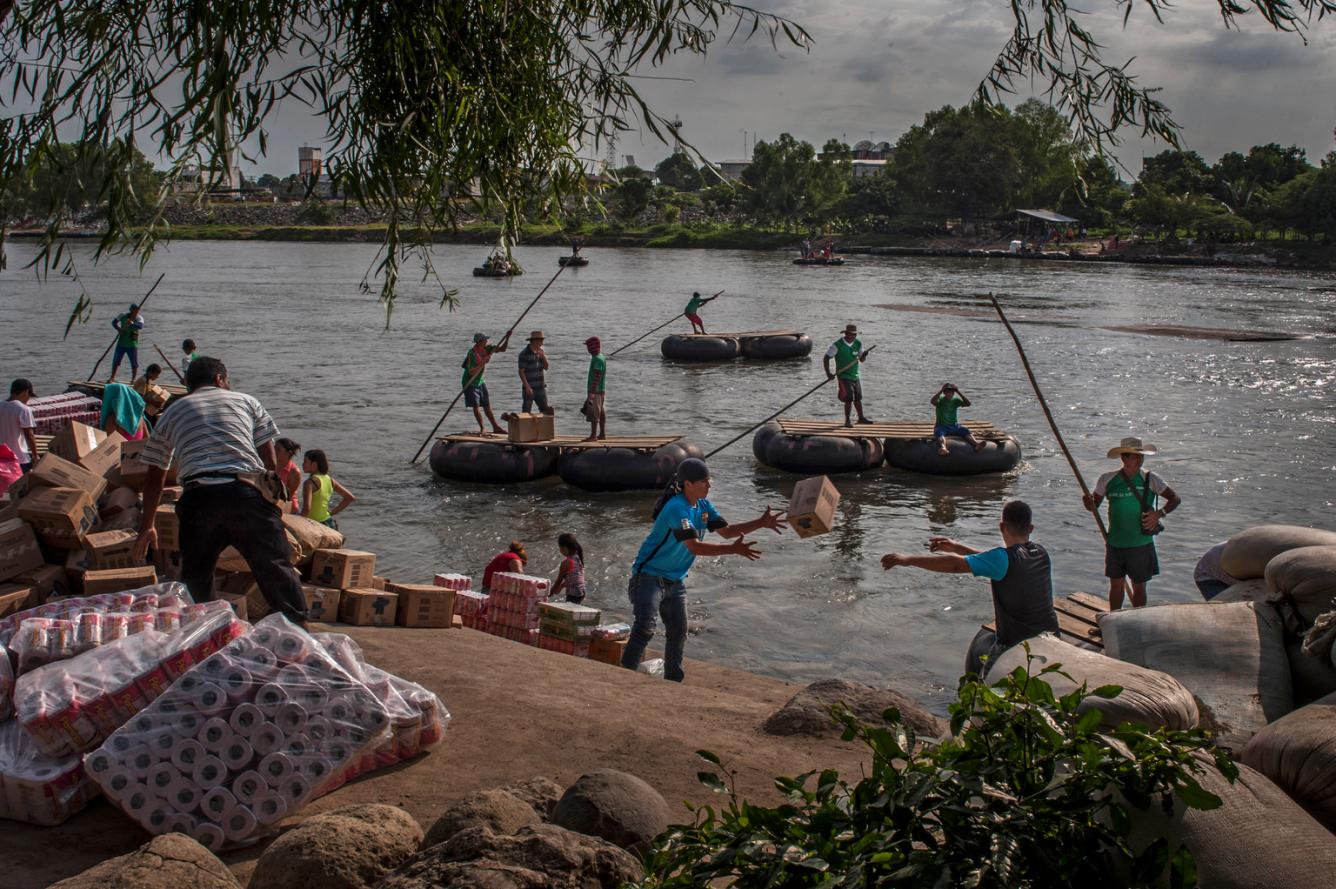
5. Press for action on the causes that uproot children from their homes.
Protracted conflicts, persistent violence, and extreme poverty and disadvantage drive millions of children from their homes.
UNICEF calls for greater effort to protect children from conflict and to address the root causes of violence and poverty, including by increasing access to education, strengthening health systems and social safety nets, expanding opportunities for family income and youth employment, and facilitating peaceful conflict resolution and tolerance.

6. Combat xenophobia and discrimination.
Uprooted children are often victimized by discrimination, xenophobia and stigma — both on their journeys and in their final destinations.
Everyone has a part to play in welcoming uprooted children into our cities and communities. UNICEF calls on local leaders, religious groups, NGOs, the media and the private sector to help combat xenophobia and facilitate greater understanding between uprooted children and families with host communities. Governments should also set up stronger measures to combat discrimination and marginalization in countries of transit and destination.
